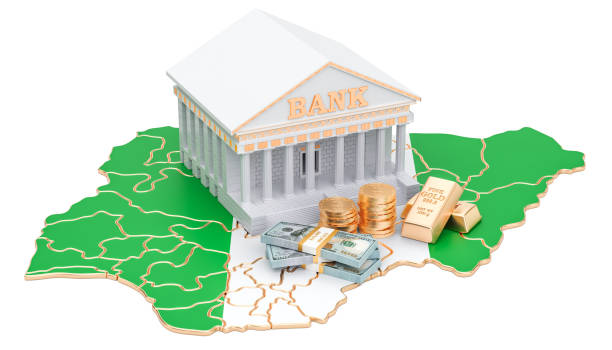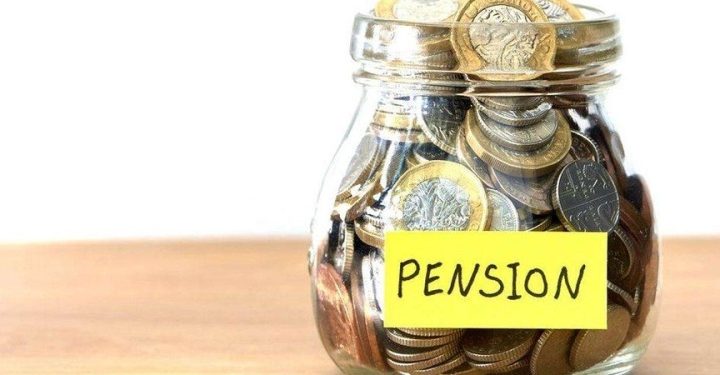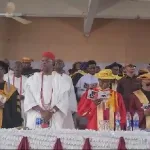MEMAN Unveils Real Cost of Petrol
The Major Energies Marketers Association of Nigeria (MEMAN) announced on Wednesday that the landing cost of Premium Motor Spirit (PMS), commonly known as petrol, stood at N1,117 per litre as of Tuesday, July 16, 2024.
This disclosure was made during a webinar with journalists, where the association also revealed the landing costs for diesel and aviation fuel, which were N1,157 and N1,127 per litre, respectively.
Join our WhatsApp ChannelLanding Cost Versus Pump Price
Prime Business Africa reports that filling stations operated by the Nigerian National Petroleum Company Limited (NNPCL) and major marketers sell petrol at prices ranging from N617 to N660 per litre.
In contrast, independent marketers are selling petrol at N700 per litre or more. Despite the high landing cost, the pump price remains significantly lower, prompting questions about potential subsidies.
MEMAN’s Executive Secretary, Clement Isong, emphasised the importance of transparency, stating, “We obtained these costs from independent energy price benchmark providers, and we will continue to release such information regularly to keep the masses informed.”
Experts Weigh In on Petrol Prices
Professor Wumi Iledare, an energy economist, highlighted the discrepancy between the costs of diesel and petrol in Nigeria.
“The gap between the cost of diesel and petrol in Nigeria is much. It is never like that all over the world. That means something is wrong,” he explained.
READ ALSO: Petrol Pump Price May Hit ₦1000 – Sources
Iledare added, “I don’t know if NNPC is paying subsidies or not, but somebody is absorbing the difference. You can call it under-recovery or subsidy, but the price of petrol today does not reflect the market cost of producing a litre of petrol.”
Government’s Role in Petrol Pricing
Echoing similar sentiments, Professor Adeola Adenikinju, President of the Nigerian Economics Society, stated, “The current price of PMS is being subsidised by the government. The government buys at higher rates and sells to us at subsidised rates. That is what they call under-recovery.”
This assertion aligns with the International Monetary Fund’s (IMF) recent warnings about Nigeria’s implicit fuel and electricity subsidies.
The IMF’s report indicated that these subsidies could consume three percent of Nigeria’s Gross Domestic Product (GDP) in 2024, up from one percent in the previous year.
Although President Bola Tinubu declared the removal of fuel subsidies during his inauguration on 29th May 2023, the IMF noted, “adequate compensatory measures for the people with low-income were not scaled up promptly and subsequently paused over corruption concerns. Capping pump prices below cost reintroduced implicit subsidies by end-2023 to help Nigerians cope with high inflation and exchange rate depreciation.”
NNPC and Government’s Denial
Despite the mounting evidence and expert opinions, the NNPC and the Federal Government continue to deny subsidising the current price of PMS.
The ongoing debate over petrol pricing and subsidies highlights the complexities of energy economics in Nigeria and the challenges faced by the government in balancing market realities with public expectations.
Impact on Consumers
The disparity between the landing cost and pump price of petrol has significant implications for Nigerian consumers.
With the landing cost far exceeding the pump price, there are concerns about the sustainability of the current pricing model and its potential impact on the economy.
As the conversation around petrol pricing continues, transparency and accountability remain crucial in addressing the concerns of both consumers and stakeholders in the energy sector.
Emmanuel Ochayi is a journalist. He is a graduate of the University of Lagos, School of first choice and the nations pride. Emmanuel is keen on exploring writing angles in different areas, including Business, climate change, politics, Education, and others.
- Emmanuel Ochayihttps://www.primebusiness.africa/author/ochayi/
- Emmanuel Ochayihttps://www.primebusiness.africa/author/ochayi/
- Emmanuel Ochayihttps://www.primebusiness.africa/author/ochayi/
- Emmanuel Ochayihttps://www.primebusiness.africa/author/ochayi/


















Follow Us